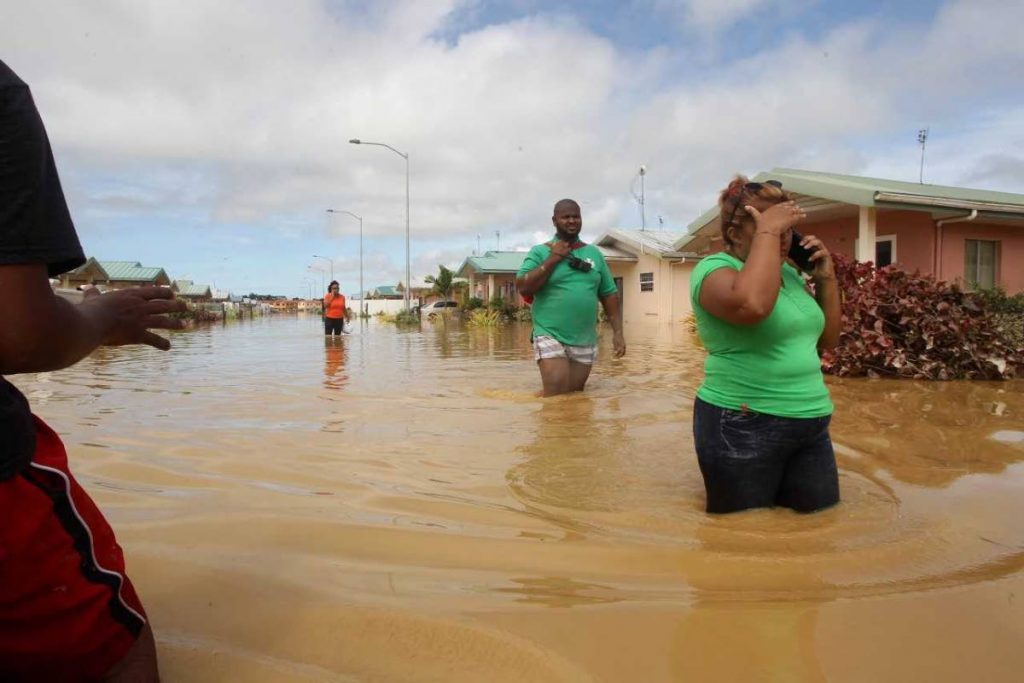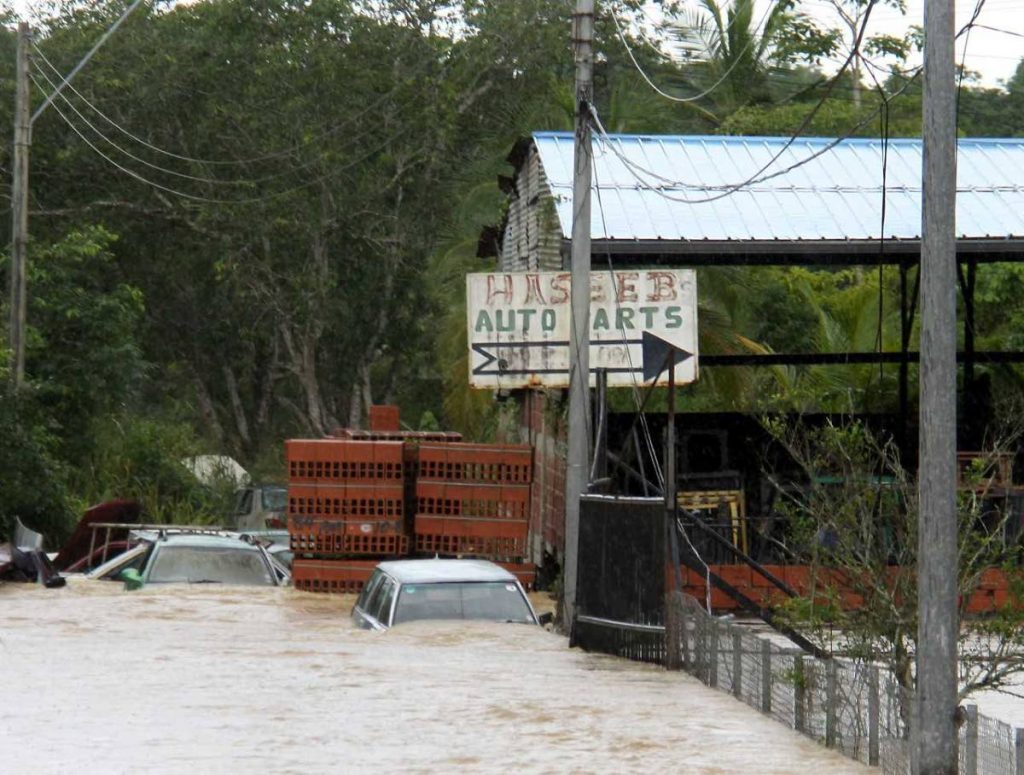Preserving mental health during flooding

DR KATIJA KHAN
A traumatic incident like the extreme flooding affecting the country can turn lives upside down and can also affect people emotionally and psychologically. Disaster-relief efforts are gaining ground, and part of this involves addressing the mental health of those affected in the communities. It is important to know what to expect and how we can help ourselves and help each other cope.
During flooding and immediate aftermath
People may experience a range of emotional, psychological, cognitive/mental, physical and social reactions. People’s reactions and responses will also vary widely. Some of these might include:
Psychological
Such as shock, disbelief, stress, nervousness, fear, anxiety, frustration, sadness, tearfulness, difficulty sleeping, worry, irritability, anger, hopelessness, helplessness, numbness and feeling overwhelmed
Cognitive/mental
Poor concentration, confusion, disorientation, difficulty making decisions, problems with attention, problems with memory and recurring dreams/nightmares
Physical
Nausea, light-headedness, dizziness, digestive problems, rapid heart rate, tremors, headaches, grinding of teeth, fatigue, poor sleep, aches and pains, jumpiness and muscle tension
Social
Suspicion, irritability, over-protectiveness, arguments with friends and loved ones, withdrawal, excessive silence, inappropriate humour, increased/decreased eating, change in sexual desire or functioning, increased smoking or increased alcohol or drug use or abuse
These feelings are normal reactions
and there is no right or wrong way to feel or react. People have been affected in different ways and all have different ways of responding.
How someone reacts to a disaster is based on many things– for example: their age, gender, past experiences with flooding, the resources they have available, their current mental health and coping strategies. It may also take some time before they feel better.
In weeks and months to come
Ideally, the psychological effects will fade with time as life returns to normal and with good social support. However, this may not be the case for everyone. “Watchful waiting” is a good approach in which you keep an eye on how you and others are doing. If the feelings don’t go away or are getting worse and affecting daily life, you may need more help.
For some people, they might develop a depression, post-traumatic stress disorder (PTSD) or an anxiety disorder. Strong social support from family, friends and community members will be critical. Some people may also go on to need professional help from a psychiatrist, psychologist or social worker.

Suggestions for coping
Limit your exposure to graphic news stories about the flood.
Get accurate, timely information from credible sources
Accept help from family, friends, community members
Educate yourself about health hazards and safety information
Get back to your normal routine as soon as possible; this is especially important for children
Exercise, eat well and rest as best as you can
Stay busy –physically and mentally
Communicate with friends, family and supporters
Use spirituality and your personal beliefs
Express yourself through writing, poetry, drawing – especially good for children
Talk and share your feelings with others
Concerns about suicide
The additional stress and problems posed by the floods may lead to hopelessness in some people and trigger suicidal thoughts, especially if they have experienced depression before. Talking openly and listening without judgment can help. Asking won’t harm them, talking about suicide won’t increase the chances that someone will act.
Affected persons can also call Lifeline at 800-5588, 220-3636, 231-2824 or visit their nearest health centre or wellness centre or talk to a doctor.
If you are concerned about someone and think it is an emergency, you can call 999.
Free psychosocial and counselling support is available from the National Family Services Division 623-2608 ext 6701–6707
If you work at a company that has a EAP (Employee Assistance Programme), contact your manager and you can arrange to see a psychologist.
What can you do to help someone cope with the disaster?
Explain that their feelings and reactions are normal
Identify specific needs that you can help with
Listen to them and encourage them to talk when they feel ready
Help them keep to a regular routine
Help them find ways to relax
Help them resolve day-to-day conflicts so they don’t build and add to their stress
Help them identify sources of support
This information was compiled by clinical psychologist Dr Katija Khan, university lecturer and immediate past president of the TT Association of Psychologists.
Some of the information is adapted in parts from different sources including: New Jersey Department of Human Services-USA, Cumbria-UK Government, Health Protection Agency-UK.
Khan is the co-ordinator of the University of the West Indies’ (UWI) MSc Clinical Psychology programme.

Comments
"Preserving mental health during flooding"